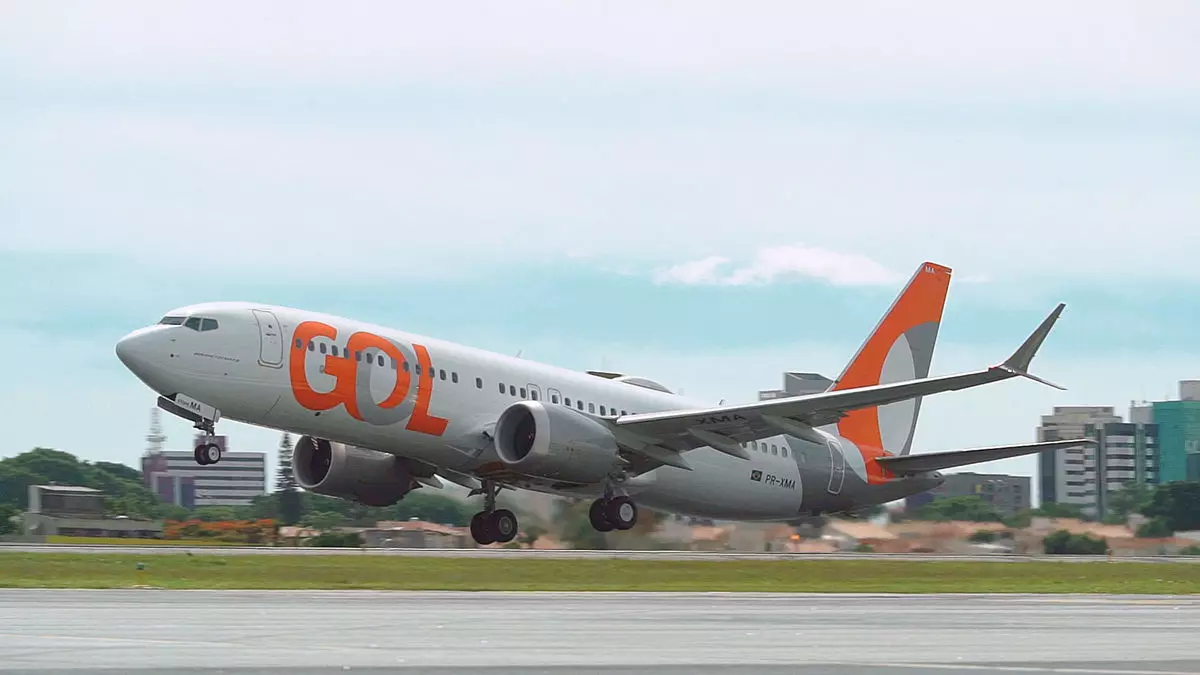The Brazilian aviation market is poised for a significant transformation with the recent preliminary agreement between two major carriers, Azul and Gol. This proposal marks a pivotal moment in the region’s domestic and international travel sectors, as it seeks to create a more formidable player in a highly competitive industry. The nonbinding memorandum of understanding will initiate discussions around potential economic terms for a merger, laying the groundwork for a more robust partnership in the future.
Gol’s financial backdrop is complex, especially given its Chapter 11 bankruptcy filing one year ago. The airline’s majority ownership by Abra Group, which also holds a significant stake in Avianca, highlights the intricate web of ownership and market strategies at play. The restructuring process that Gol is currently undergoing will be crucial, as the final agreement hinges on its successful navigation through these challenges. Abra Group’s CFO, Manuel Irarrazaval, emphasized the strategic significance of this merger attempt, framing it as a key move to bolster market position and expand their global network.
Should this partnership come to fruition, both airlines have stated their intention to retain separate operational identities. This is significant, as it suggests a tactical plan to combine resources without losing brand individuality. Financial amalgamation, alongside network synchronization, would result in an extensive transportation network serving over 200 destinations. With Azul currently operating nine routes to the U.S., including popular destinations like Fort Lauderdale and Orlando, and Gol connecting with Miami, the synergies from this merger could greatly enhance service offerings and route efficiencies.
The proposed merger would create an aviation giant commanding an impressive 61.4% market share based on projected passenger volumes for 2024. This statistic raises immediate questions about market competition and regulatory scrutiny. The combined power of Azul and Gol poses a possible threat to the remaining competitors, such as Latam Airlines. Antitrust authorities are likely to delve into the repercussions of such a dominance, weighing consumer benefits against the potential for reduced competition in the market.
The implications of a merger between Gol and Azul extend beyond mere passenger numbers. The collaborative effort may lead to enhanced flight options domestically and internationally, paving the way for improved services and customer experiences in Brazilian aviation. As the industry is shaped by ongoing economic pressures, successful mergers and strategic alliances may prove essential for airlines wishing to thrive in a post-pandemic world. The response of the aviation sector, stakeholders, and regulatory bodies will ultimately determine the future landscape, with potential ramifications for both travel and commerce in Brazil and beyond.


Leave a Reply